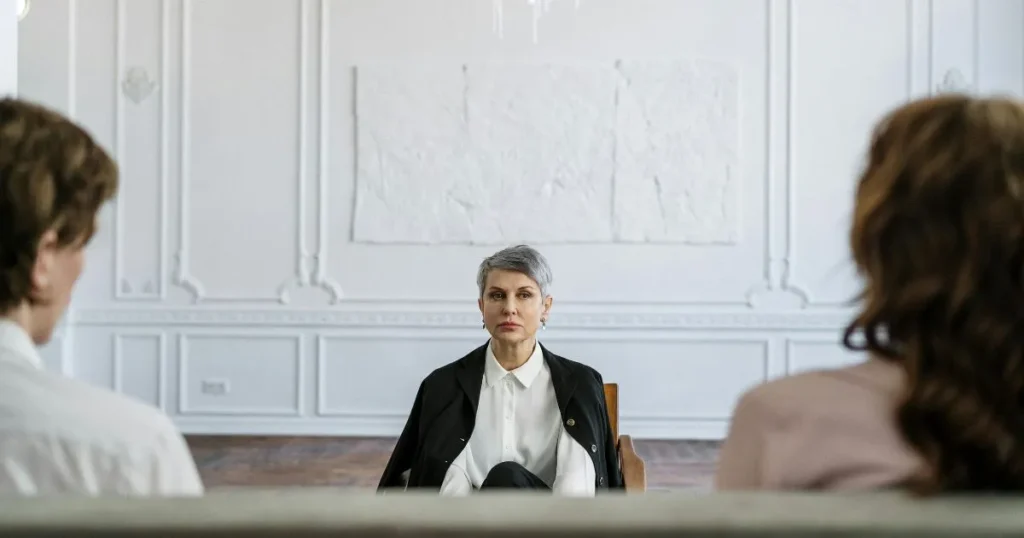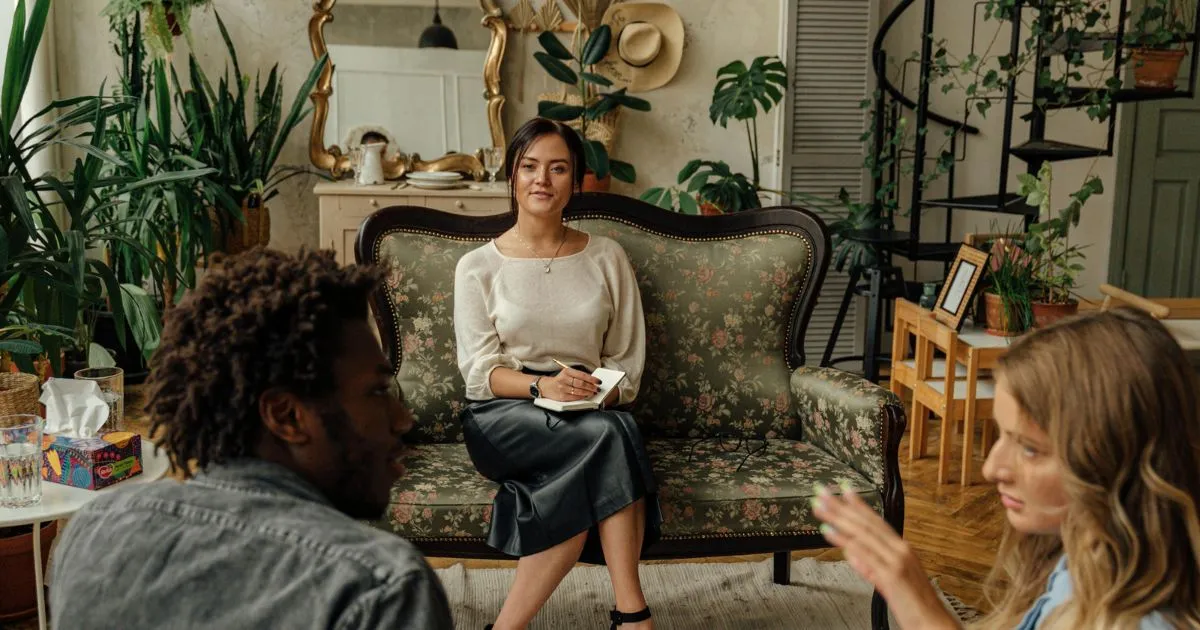Marriage is a beautiful journey filled with love, companionship, and shared experiences. However, even the strongest relationships can encounter challenges that test their emotional and relational bonds. This is where a relationship coach can play a crucial role. Unlike therapy, which often deals with mental health issues or past trauma, relationship coaching focuses on future-oriented solutions, helping couples navigate struggles, improve communication, and build a stronger partnership.
What is a Relationship Coach?
A relationship coach is a professional trained to help couples enhance their emotional connection, improve communication, and address relationship goals. Coaching is goal-oriented and typically focuses on developing relationship skills such as conflict resolution, emotional support, and effective communication.
Unlike a therapist who deals with mental health issues or unresolved trauma, a coach provides actionable strategies to help couples move forward with clarity and purpose.
Signs That a Married Couple Needs a Relationship Coach

Here are some key indicators that a couple might benefit from relationship coaching:
Communication Breakdown
- Sign: Arguments that go in circles, frequent misunderstandings, or a lack of meaningful conversations.
- Why It Matters: Poor communication is the leading cause of conflict in relationships. A coach can teach couples how to express themselves clearly and listen effectively.
Frequent Conflicts and Resentment
- Sign: Constant disagreements over the same issues, unresolved conflicts, or built-up resentment.
- Why It Matters: Resentment can damage emotional intimacy. A coach can guide couples in resolving conflicts constructively.
Emotional Disconnection
- Sign: Feeling distant, unloved, or emotionally neglected.
- Why It Matters: A marriage can’t thrive without emotional intimacy. Coaching can help partners reconnect and rebuild their emotional bond.
Lack of Intimacy
- Sign: Physical or emotional intimacy has decreased significantly.
- Why It Matters: Intimacy is essential for a fulfilling relationship. A coach can help reignite passion and improve emotional closeness.
Major Life Transitions
- Sign: Going through major changes such as relocation, career shifts, becoming parents, or retirement.
- Why It Matters: Life changes can create stress and affect marital dynamics. A coach can guide couples through these transitions with ease.
Trust Issues
- Sign: Difficulty trusting due to past betrayals or insecurities.
- Why It Matters: Trust is the foundation of any relationship. Coaching can help rebuild trust through action-oriented strategies.
Differing Life Goals
- Sign: Conflicts over future plans such as career changes, financial goals, or parenting styles.
- Why It Matters: Couples need to align on major life goals to ensure long-term harmony. Coaching can help find common ground.
Pre-Marital Coaching
- Sign: Engaged couples looking to build a strong foundation before marriage.
- Why It Matters: Pre-marital coaching helps couples develop essential relationship skills to navigate future challenges with confidence.
How a Relationship Coach Can Help

Relationship coaching is solution-focused, providing couples with tools and techniques to strengthen their relationship. Here’s how a coach can assist:
- Improving Communication Skills:
- Teaching active listening and assertive communication techniques.
- Encouraging open dialogue about feelings and concerns.
- Conflict Resolution Strategies:
- Providing strategies for resolving conflicts respectfully and productively.
- Helping partners find win-win solutions.
- Rebuilding Emotional Intimacy:
- Guiding couples in reconnecting emotionally and physically.
- Encouraging quality time and shared experiences.
- Clarifying Relationship Goals:
- Helping couples set and align future goals such as family planning, financial stability, or career paths.
- Enhancing Self-Awareness:
- Encouraging partners to understand their emotional triggers and reactions.
- Promoting emotional intelligence within the relationship.
- Creating Accountability:
- Offering follow-up sessions to track progress and ensure couples remain committed to their goals.
Benefits of Relationship Coaching
Relationship coaching offers numerous benefits, including:
- Stronger Emotional Connection: Increased understanding and empathy between partners.
- Improved Communication: Fewer misunderstandings and more meaningful conversations.
- Conflict Resolution Skills: Greater ability to resolve disagreements constructively.
- Shared Goals and Vision: A clearer and unified direction for the future.
- Rekindled Romance: Enhanced physical and emotional intimacy.
- Long-Term Relationship Success: Tools and strategies for maintaining a thriving marriage.
When to Choose Coaching vs. Therapy
Understanding the difference between relationship coaching and therapy is essential:
| Coaching | Therapy |
|---|---|
| Future-focused, goal-oriented | Past-focused, trauma healing |
| Actionable strategies and tools | Emotional and mental health |
| For couples ready to work on goals | For couples in emotional crisis |
If a couple is dealing with serious mental health issues, trauma, or deeply rooted personal struggles, therapy may be the better option. Coaching is best for couples seeking practical relationship improvement and personal development.
How to Choose the Right Relationship Coach
Finding the right relationship coach involves:
- Checking Credentials: Ensure the coach has appropriate certifications in relationship or marriage coaching.
- Experience: Look for coaches with proven experience and positive client testimonials.
- Coaching Style: Choose a coach whose approach aligns with your goals and comfort level.
- Compatibility: Schedule an initial consultation to see if the coach’s personality and style resonate with both partners.
Final Thoughts
Every marriage faces challenges, but couples who recognize when to seek help take an important step toward strengthening their relationship. A relationship coach can provide guidance, tools, and support to help partners rediscover their love, improve communication, and build a lasting, fulfilling marriage.
If you and your partner are feeling stuck or want to strengthen your relationship, consider working with a qualified relationship coach. It’s an investment in your happiness and future together. Remember, reaching out for help is a sign of strength, not weakness—because even the best relationships need a helping hand sometimes.
Gottman, J. M., & Silver, N. (2015). The Seven Principles for Making Marriage Work: A Practical Guide from the Country’s Foremost Relationship Expert. New York: Harmony Books.
- This book by relationship expert John Gottman provides foundational principles on relationship success and includes coaching-like strategies for couples.





